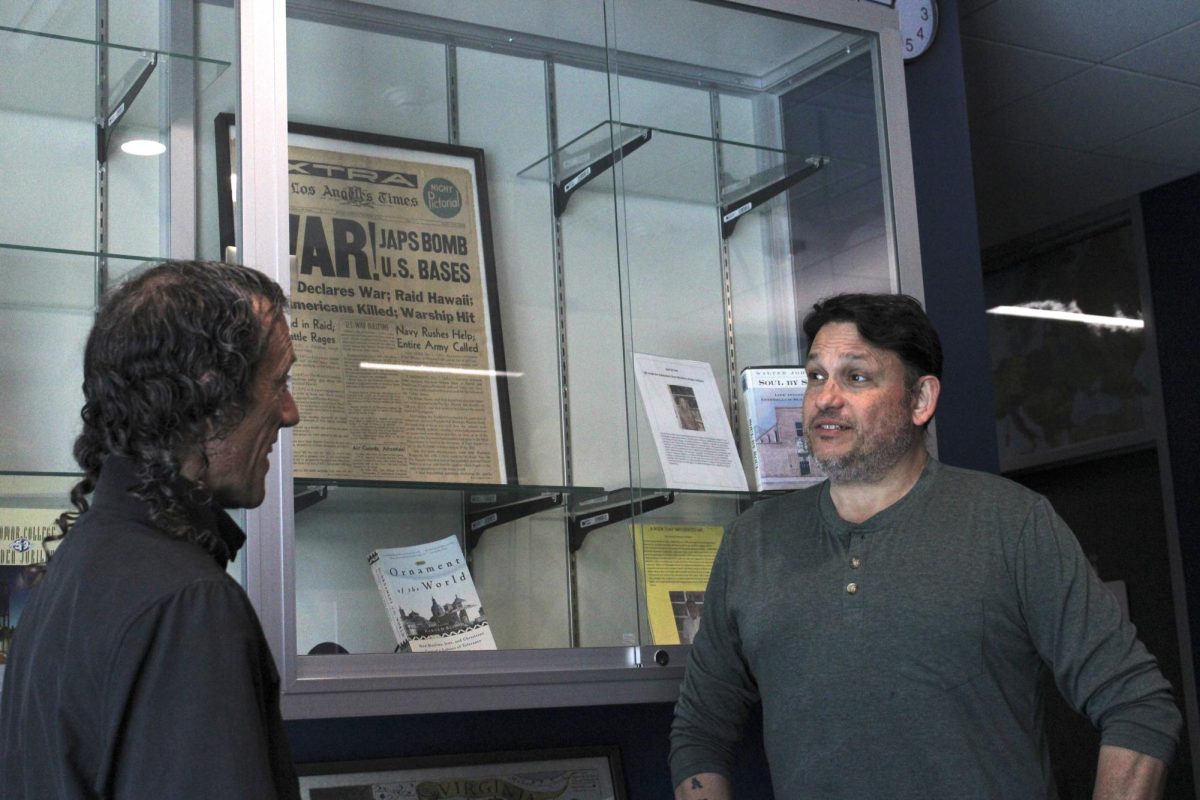The job descriptions of your favorite counselors, assistants and administrators are getting an update.
Since 2013, Palomar has been examining the duties, job descriptions and salaries of its classified staff through a classification study.
A classified employee is essentially a campus staff member who is not part of the faculty. There are roughly 350 classified staff at Palomar, according to classified union member Aaron Holmes.
“It’s kind of a structured way to look at [staff] responsibilities and duties, and make sure they’re current; make sure they’re relevant,” Human Resources Vice President Mike Popielski said.
Popielski added that, in lieu of these periodic checkups, the relevancy of staff positions can become outdated.
“You can have an administrative assistant that used to type on a typewriter … and of course, we don’t have typewriters anymore, so you want to update things like that,” he added.
The study, conducted by an outside consulting firm, looks at how staff positions are classified and makes recommendations for change based on a questionnaire filled out by the classified staff, according to Holmes.
The information is then used to look at how the various jobs are paid according to the market, Holmes added.
But before any changes are sent to the Governing Board to be approved, they must be negotiated by both the classified staff union and the college.
“One of the really important points … is that this doesn’t mean that these are everybody’s jobs. This whole study has to be negotiated, the district doesn’t just implement,” Holmes said.
Although slated to happen sooner than later, as of press time, there is no firm date for when the negotiations will begin, due to the time-consuming analysis being done by both parties, according to Popielski.
“Right now, I know that the classified union negotiating team is getting feedback from all our members on their opinions on what their jobs look like … and then also, we as the (classified union) have to look at all the job descriptions,” Holmes said.
Popielski estimated that negotiations could take up to a month, depending entirely on what either party decides, partly because this is the first classification study that Palomar has done in several years.
Going forward, Palomar officials are planning on updating the classified positions annually, allowing changes to the positions to be done “on the fly,” Popielski added.
Although the classification study does not affect faculty job descriptions or pay directly, Holmes added that the study will have wide-reaching effects on the entire campus.
“The work that the classified staff do is crucial for even our faculty members and our administrators as well,” Holmes said. “Changing or defining what it is that we do is going to affect the college — and the cost associated affects the college.”
Although students may spend most of their time on campus with Palomar’s faculty, Popielski said that all of the work the classified employees do on campus impacts students.
“If this gets implemented the right way, and these are better job descriptions than we had before, it helps the employees to feel that they’re making a difference for the students, which makes us do an even better job,” Holmes said.







